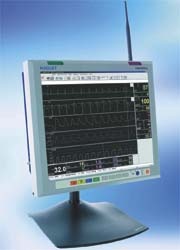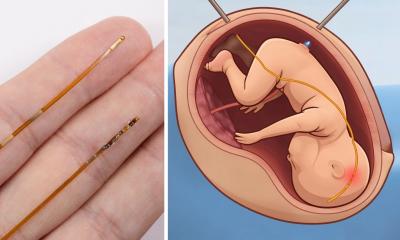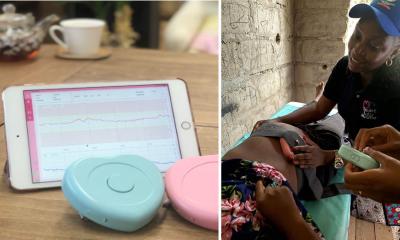More flexible vital signs monitoring
Maquet's new Cantellus system is a flexible, highly mobile patient-monitoring system designed to provide full control over the patient's vital signs anywhere in a hospital and during patient transportation.

Windows-based and modular, it can be used as a stand-alone or as part of a network. The system ensures integration into clinical information systems, and with various ventilators and anaesthesia systems, and is designed to simplify user-customised configurations for the bedside monitor, transport monitor, and at the central station.
Cantellus Panel, a compact bedside unit, incorporates a PC and monitor and, Maquet reports, it is particularly suited to patient monitoring in the operating theatre (OT), post-op or recovery, the ICU and the CICU. Cantellus Transport offers the same functionality, and is lightweight (less than 4kg) and robust.
Each networked monitor provides bed-to-bed communication, and the Cantellus Central Station provides remote view and control of over 64 beds.
The memory capacity for trend storage exceeds 48 hours and up to 5,000 events can be saved.
Maquet points out that the system uses unique Parameter Boxes to store, analyse and compare cardiopulmonary data, and adds: ‘Since the parameter boxes are independent of the actual monitoring unit and remain with the patient during transport, time-consuming disconnection and recalibration is not necessary.’
01.03.2006





